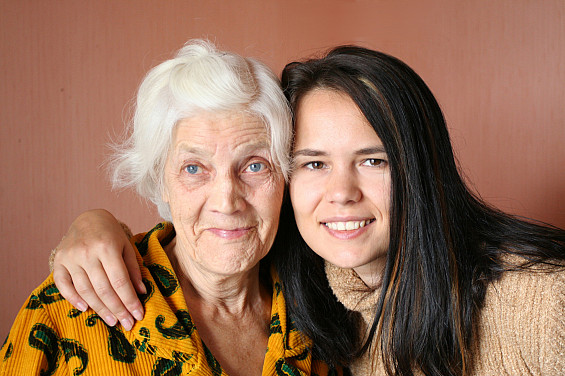Osteoarthritis (OA) is not just a physical condition; it can also take a toll on one's emotional and mental well-being. The chronic pain, reduced mobility, and lifestyle changes associated with OA can lead to emotional challenges such as stress, anxiety, depression, and feelings of frustration. In this article, we'll discuss the emotional and mental health aspects of living with OA and explore strategies for coping and seeking support.
 Emotional challenges associated with osteoarthritis:
Emotional challenges associated with osteoarthritis:Chronic pain: Persistent joint pain can be physically and emotionally draining, impacting an individual's overall quality of life. The frustration of dealing with daily pain can lead to emotional distress.
Reduced mobility: As OA progresses, it can limit mobility and the ability to engage in once-loved activities. This loss of independence and lifestyle changes can lead to feelings of sadness and loss.
Body image and self-esteem: Changes in joint appearance or function can affect body image and self-esteem. Individuals may feel self-conscious or experience a loss of confidence.
Frustration and helplessness: The limitations imposed by OA can lead to frustration and a sense of helplessness. Coping with these emotions can be challenging.
Seek professional support: Consider consulting a mental health professional, such as a therapist or counselor, who can help you manage the emotional aspects of OA. Cognitive-behavioral therapy and other therapeutic approaches can be effective in addressing anxiety and depression.
Pain management: Effectively managing pain through medication and non-pharmacological approaches can reduce emotional distress. Consult with a healthcare provider to find the right pain management plan for you.
Stay active: Engaging in low-impact exercises, as recommended by a physical therapist, can not only improve physical function but also boost mood and reduce anxiety.
Support groups: Joining an OA support group can provide a sense of community and understanding. Sharing experiences and coping strategies with others facing similar challenges can be comforting.
Adaptive techniques: Learning techniques for coping with reduced mobility and pain can help improve emotional well-being. Occupational therapists can provide guidance on daily activities and assistive devices.
Healthy lifestyle: Maintain a well-balanced diet, stay hydrated, and get adequate sleep. These factors can have a positive impact on both physical and emotional health.
Mindfulness and relaxation: Practices such as mindfulness meditation, deep breathing exercises, and progressive muscle relaxation can help reduce stress and anxiety.
It's important to reach out to family and friends for emotional support. Share your feelings and concerns with loved ones who can provide comfort and encouragement. Additionally, healthcare providers can offer guidance on managing emotional and mental health aspects related to OA.
In conclusion, living with osteoarthritis can present emotional and mental health challenges in addition to physical discomfort. However, with the right strategies and support, individuals with OA can better cope with their condition and maintain a positive outlook on life. Seeking professional help, staying active, and leaning on a support network are key steps in managing the emotional and mental aspects of osteoarthritis.
Don't hesitate to contact us at 343 309 5289. We can help you choose the right establishment for you and assist you in your search.

Find a suitable senior residence